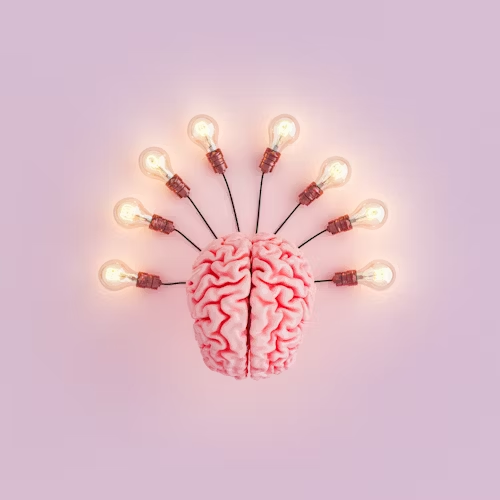
April 10, 2025
It’s almost always a waste of time debating definitions with people (“semantic debates”).
Just stop for a moment to define terms or switch to using the other person's definition so you don’t talk past each other. Definitions can be whatever we want them to be, and most of the time the important thing is just that our definitions match closely enough so that we can communicate effectively. Atte...





